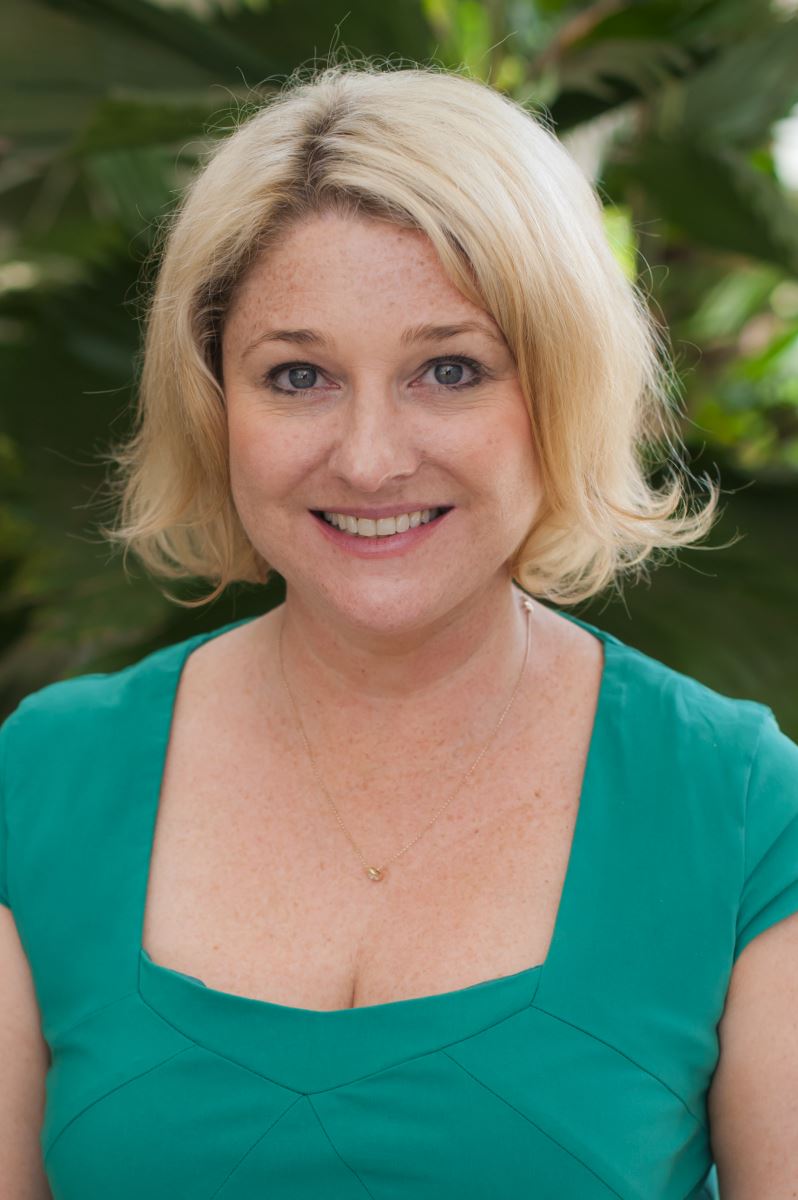The image presented of agriculture and farming - of men working the land, hardened by the sun and drought - is outdated. Agriculture is a key growth sector in the Australian economy and must improve productivity and efficiency like any other industry that competes in the global market. To do so requires diverse and inclusive workforces and STEM skills are playing an increasingly important role, writes Julia Bailey.
When we think about agriculture and farming, the popular psyche tends towards images of men working the land - hardened by sun, drought and manual labour. We often see rural Australia and agriculture as remote and disconnected from our experiences as city dwellers.
This image of agriculture is outdated and in my view, wrongly represents the depth of talent, innovation and diversity which exists in this important industry. Agriculture is the sector that quite literally feeds and clothes us. It makes a large contribution to the Australian economy and supports thousands of communities across the country. It must improve productivity and efficiency like any other industry that competes in the global market. As a result, it is as dynamic as any other growth sector in this country today.
Agriculture is also confronted by many unique challenges and will require a broad range of professionals to address them. Solving these challenges requires a diverse range of perspectives, expertise and backgrounds. Science, Technology, Engineering and Mathematics (STEM) skills are vital, as are variety of other professions such as data analytics, marketing, communications, logistics and procurement.
Given the depth and breadth of challenges confronting the industry, we can’t afford to not have diverse and inclusive workforces – and that requires improving gender and pay statistics as a start.
As the head of HR at sustainable agriculture company, Monsanto Australia and New Zealand, we see this challenge and accept it head on. Monsanto’s long term focus on gender equality has resulted in women making up half our staff and 60% of our management team in Australia and New Zealand. We achieved this result by establishing a culture in which gender equality is core to the way we do business. This culture is reinforced through visible commitment from senior management over a long period of time and enshrined in company policies on recruitment, professional development and workplace flexibility.
On this front, the tone is set from the top. Monsanto was recently recognised for its commitment to diversity and inclusion, by being named one of the top 50 companies for diversity by DiversityInc® for the 7
th year in a row. We have a global Vice President for Talent Acquisition, Diversity & Inclusion and HR Compliance, Melissa Harper. Our CEO and Chairman, Hugh Grant, is a champion of diveristy and inclusion who fundamentally believes a diverse and talented workforce, representative of all the farmers, stakeholders and communities we serve, is vital to Monsanto’s ability to help nourish our growing world – expected to exceed 9 billion in the next 35 years from now.
At Monsanto
ANZ, our experience has been that programs and policies alone are not enough to attract and retain women. Organisations must first choose to prioritise gender equality and then maintain this commitment over time. This is as true in agriculture, as it is in any other sector.
It just makes sense. We know that organisations which prioritise diversity have better outcomes than those that don’t. If we want to have the best and brightest working towards a more sustainable future for us all, then we must act as champions for greater D & I in our organisations.
 About the author
Julia Bailey
About the author
Julia Bailey is Monsanto Australia and New Zealand’s Human Resources Lead. An accomplished HR professional with over 10 years’ experience, Julia has held roles previously at other US Multinationals and started her career in Executive search firms.

 About the author
About the author